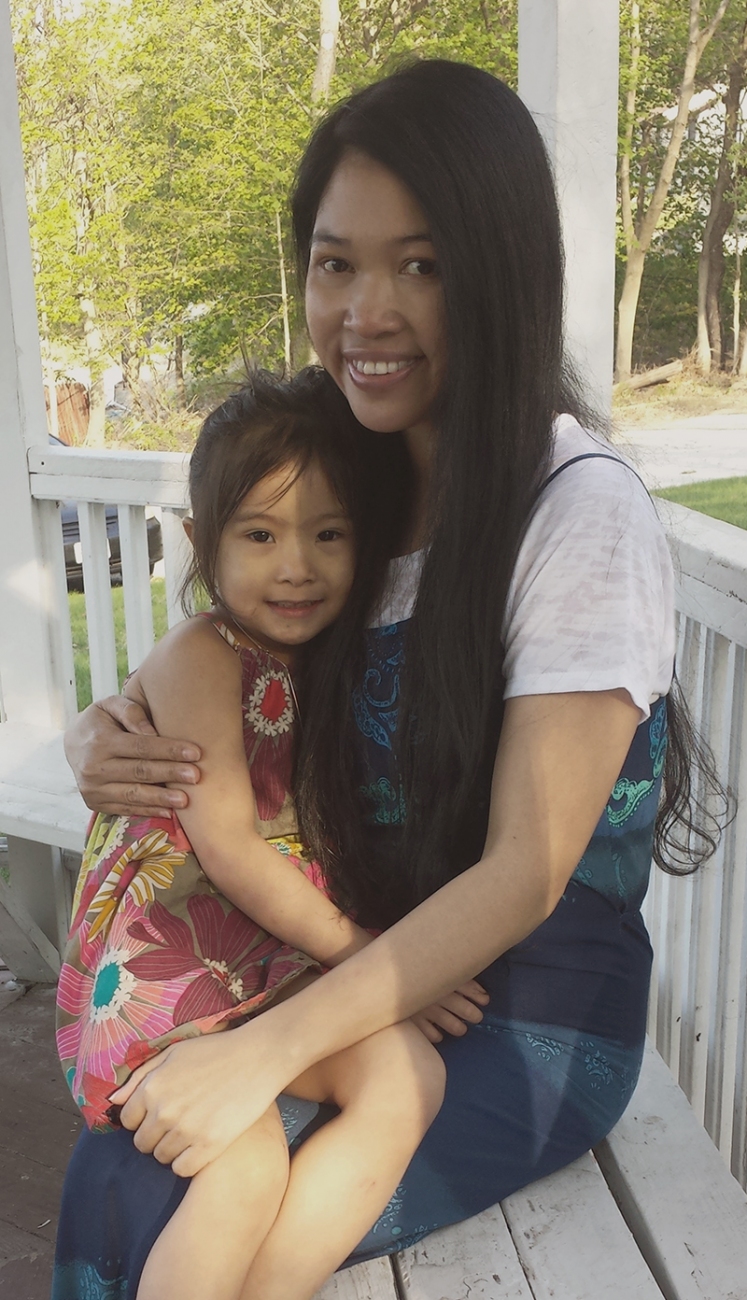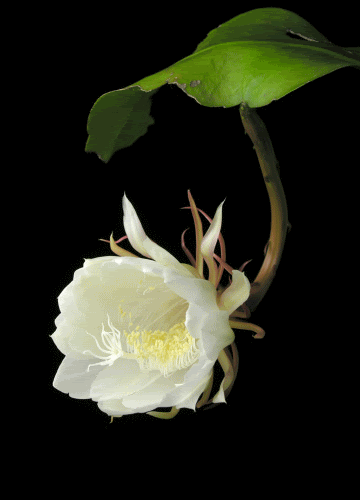Whenever any problem arises
by Venerable Dr. K. Sri Dhammananda
The uncultured man always blames others; the semi-cultured man blames himself and the fully-cultured man blames neither.’
Whenever any problem arises, we as understanding people should try to find out ourselves where the mistake lies without blaming anybody. If each person could try to correct himself, there would not be any trouble or conflict in this world. But people just do not make the effort to improve their understanding by acting unbiasedly. They prefer to find scapegoats. They look outside of themselves for the source of their troubles because they are reluctant to admit their own weaknesses. Man’s mind is given to so much self-deceit that he will try to find some excuse to justify his action so as to create an illusion that he is blameless.
The Buddha says: ‘Easily seen are other’s faults; hard indeed it is to see one’s own faults.’ Dh. To hide their weaknesses with disclaimers for mistakes, many people adopt an aggressive attitude towards others thinking that by so doing, they can avoid the shameful situation or the cause of the complaint against them. They do not realise that such an attitude would only create more problems for themselves besides giving rise to an unhealthy atmosphere all around. You must admit when you are wrong. Do not follow the ways of the uncultured who always blame others.
The Buddha further says: ‘The fool who does not admit he is a fool, is a real fool. And the fool who admits he is a fool is wise to that extent.’ (Dhammapada) You are responsible for the sorrow that comes to you. When you allow even minor incidents to irk and overturn your mind, that in itself will give rise to your sorrow. You must understand that it is not that something is wrong with the world, but that something is wrong with all of us.


















